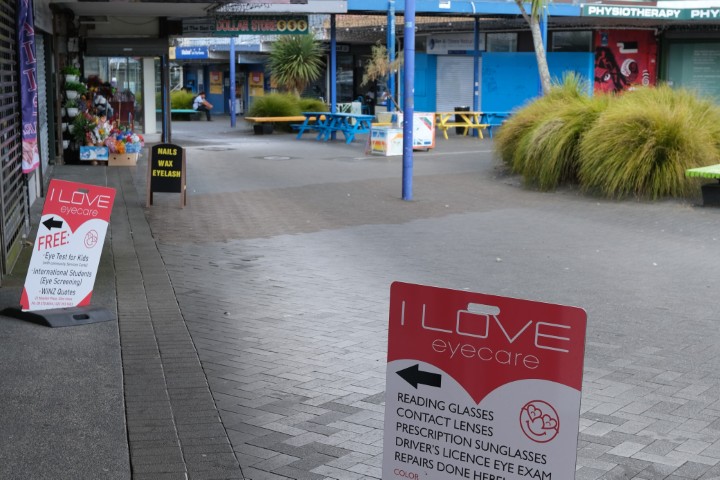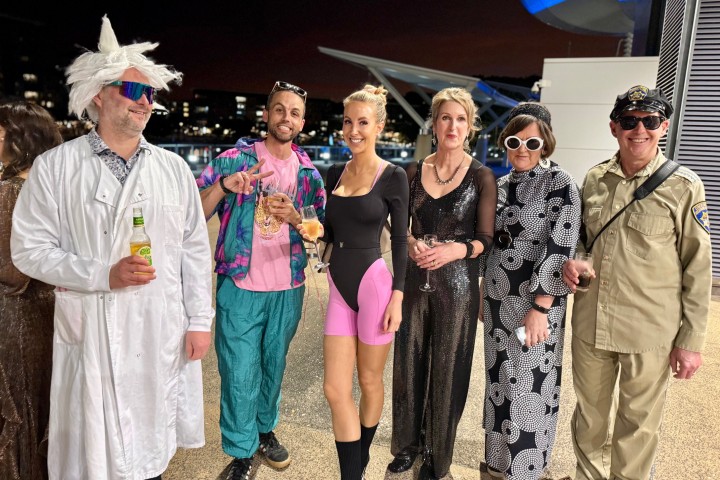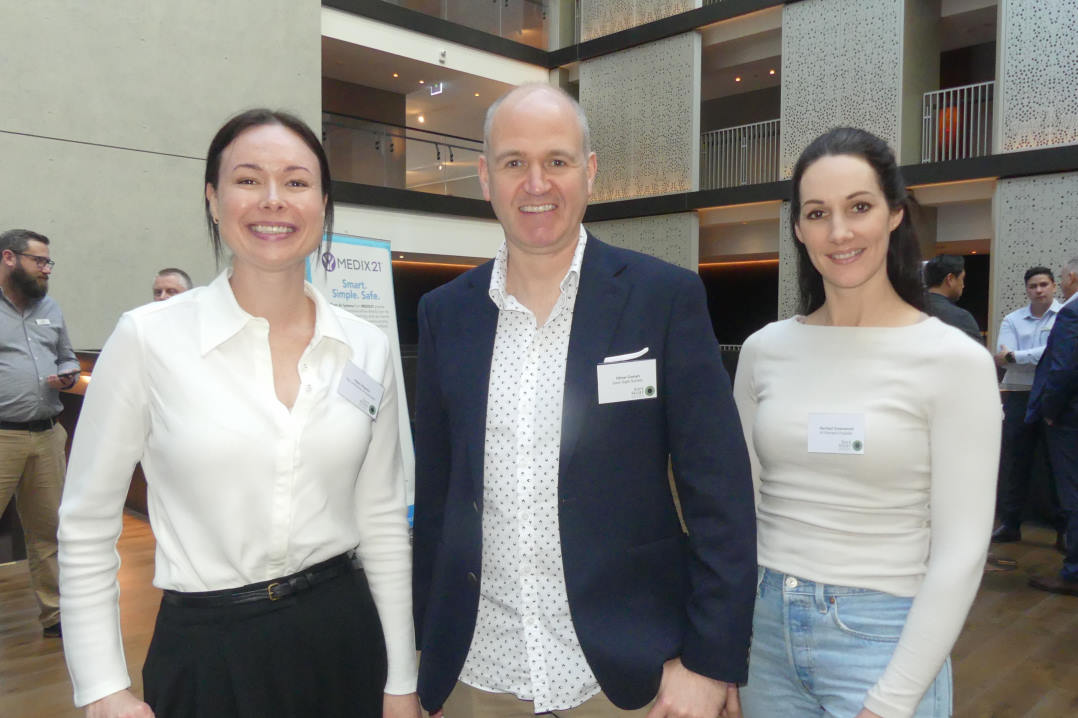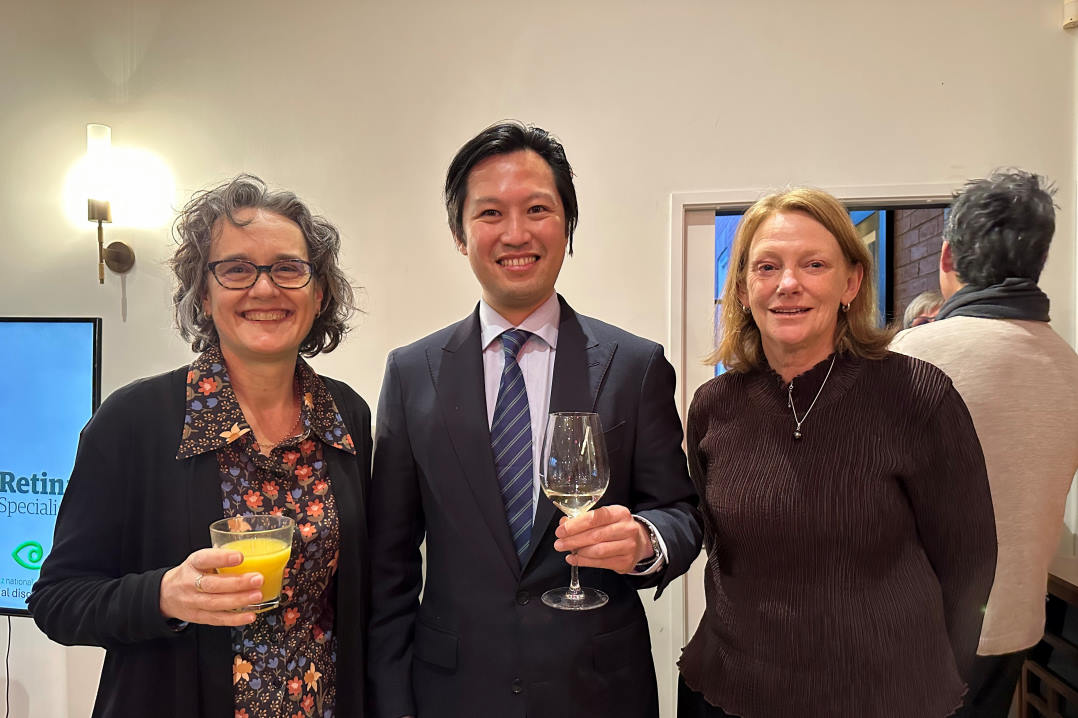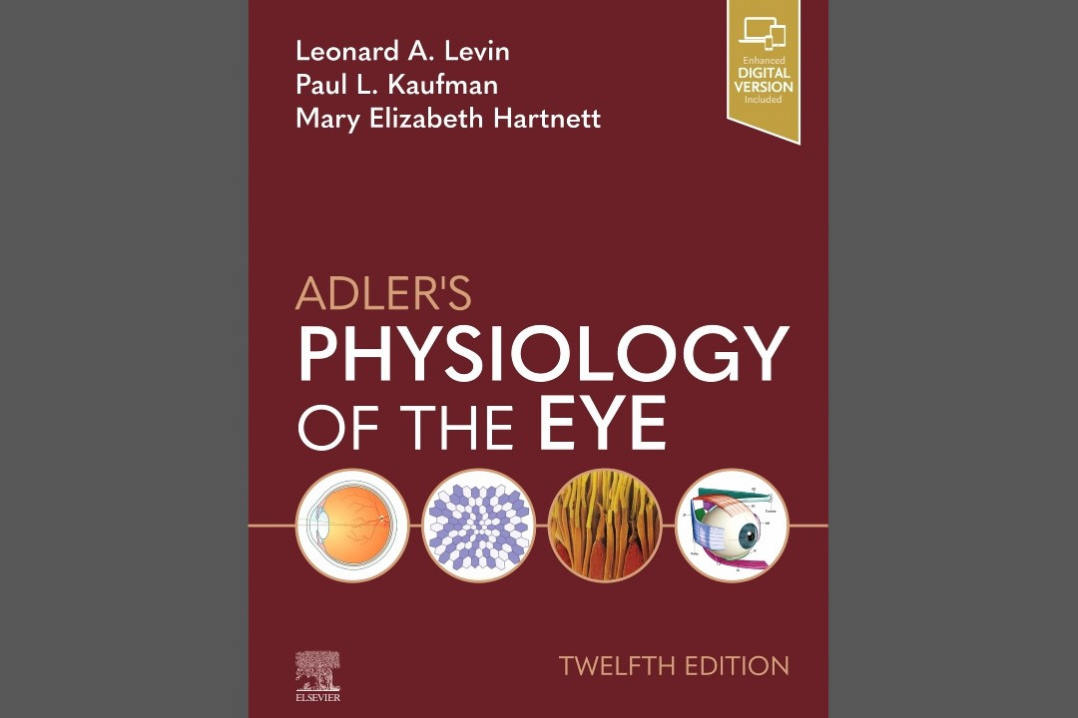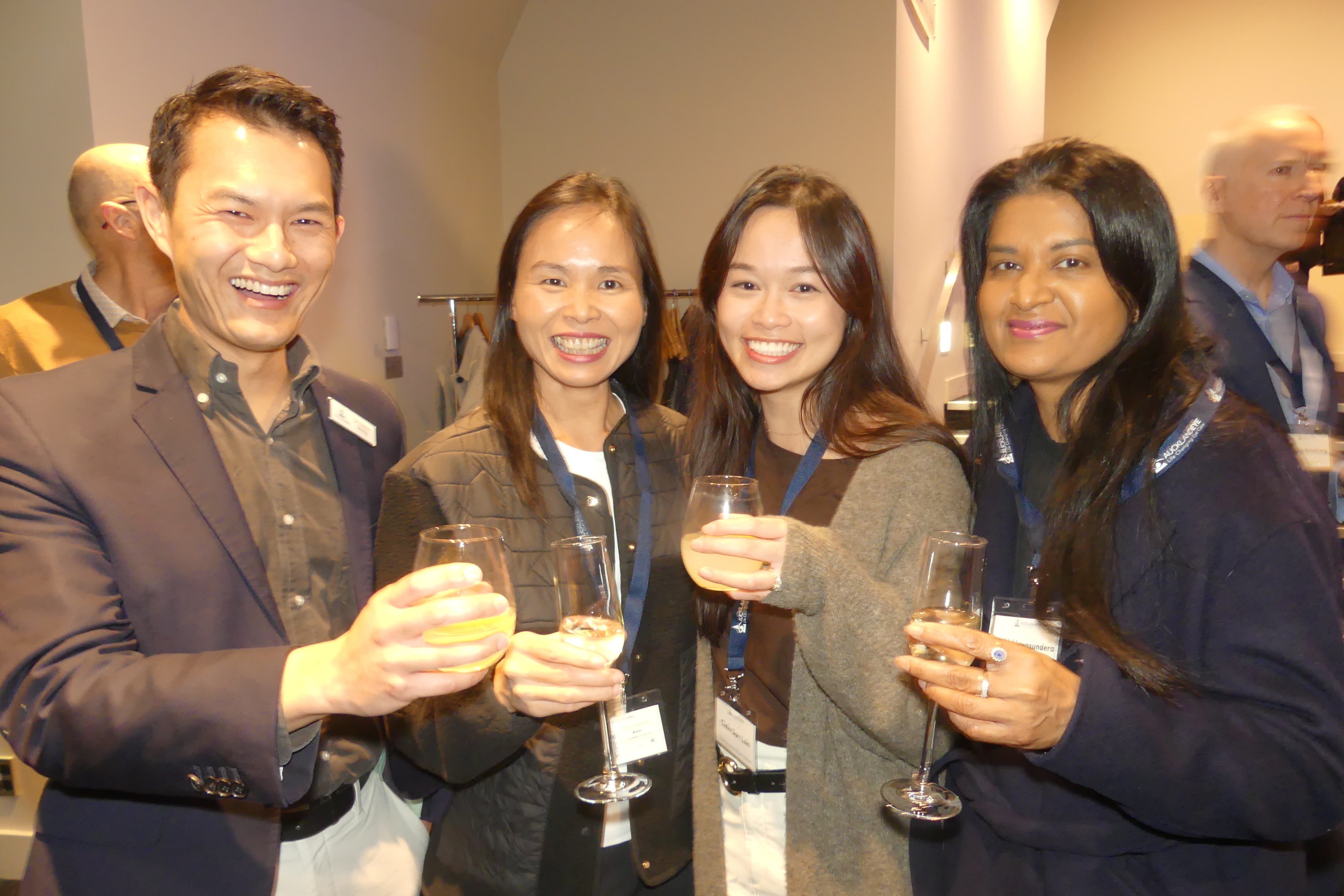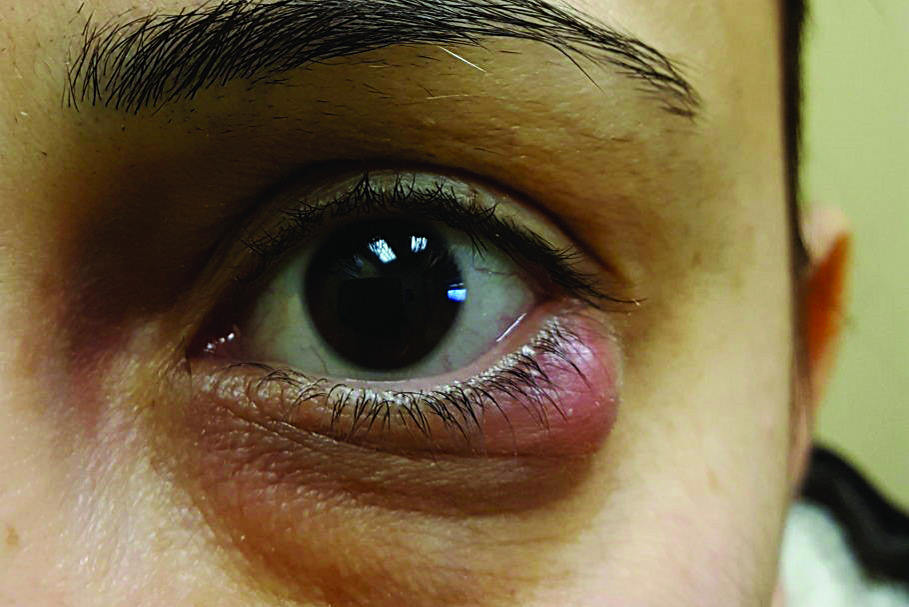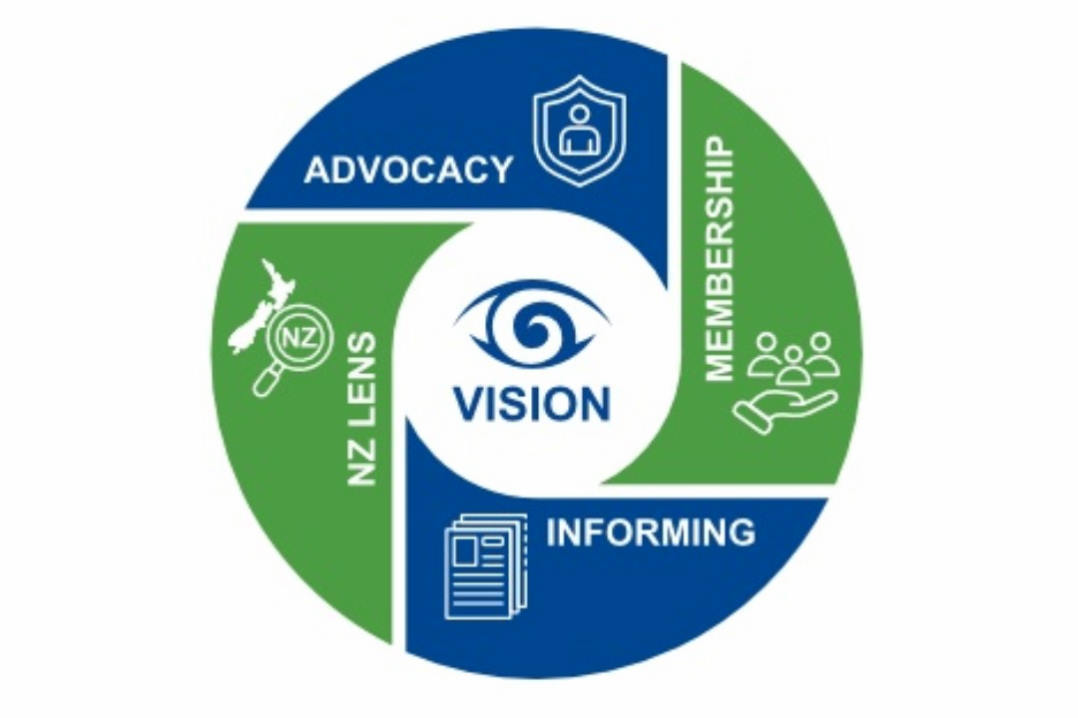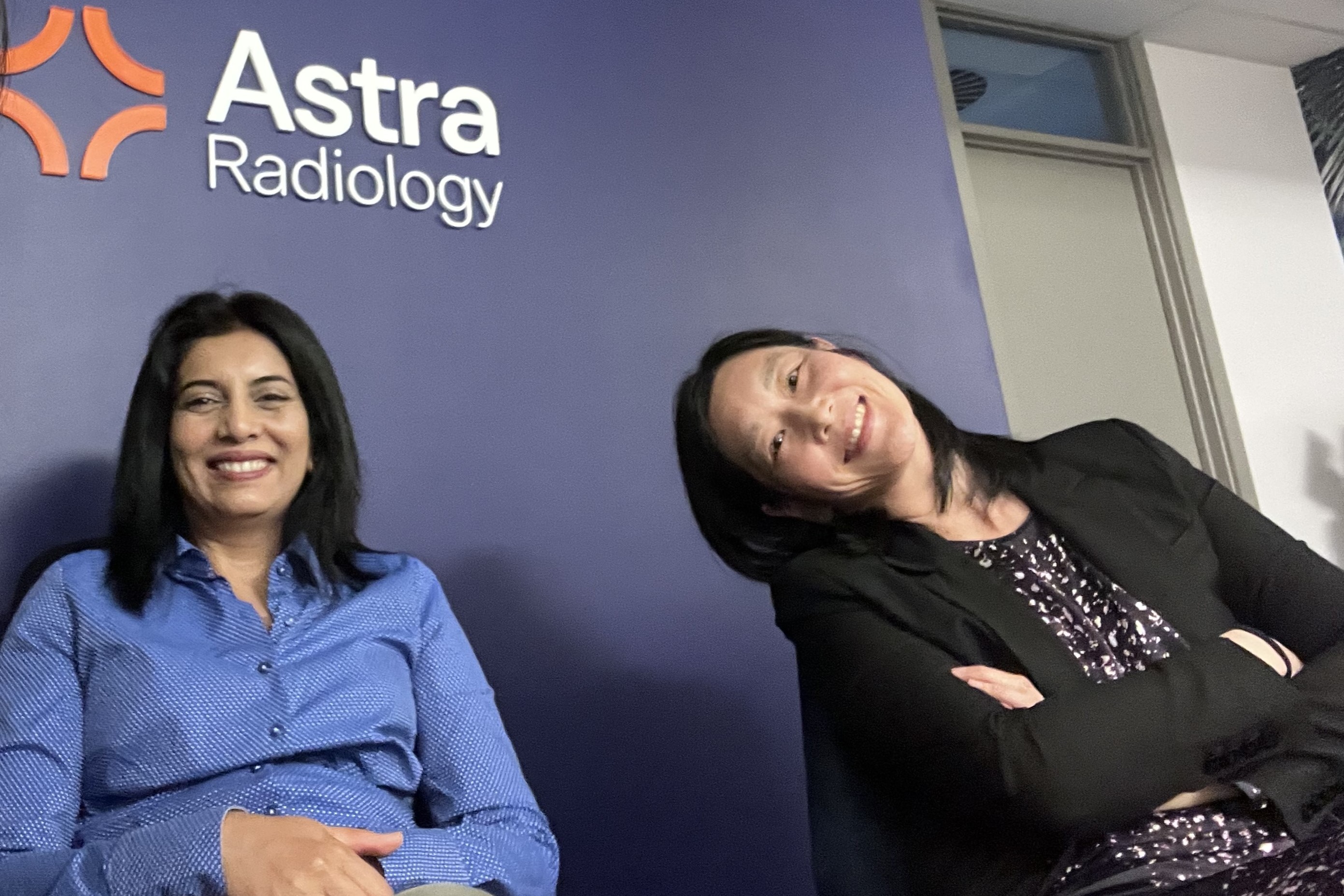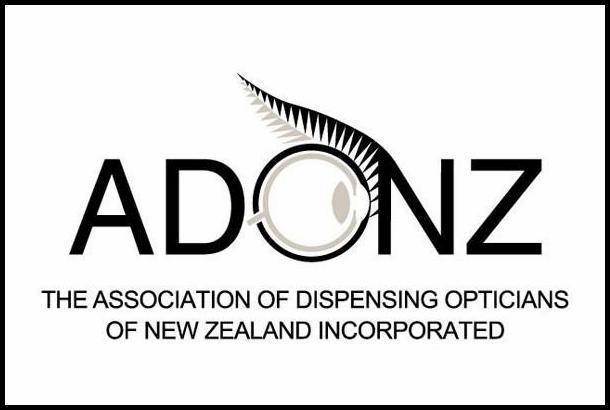Who pays for those who can’t?
Improving access to eye examinations and spectacles is a global priority; however, in some inner-city Auckland communities up to 50% of people with vision impairment have never received an eye examination.
As part of our project 'Integrating eye health into primary care: the health provider perspective', we interviewed optometrists and other key stakeholders about Aotearoa services available for people who might not otherwise access eyecare. Here we outline how, in the absence of government funding, the private sector is taking charge.
At an international level, Aotearoa is included within OneSight EssilorLuxottica Foundation’s efforts to help people around the world “see more and be more”. OneSight works with OPSM and The Salvation Army to provide eye examinations and spectacles for marginalised groups, delivered via outreach clinics and a discretionary eyecare voucher scheme.
Among the local services are Foureyes Foundation and The University of Auckland’s Vision Bus Aotearoa (VBA). These require ongoing support from philanthropy, grants and subsidies and other charitable donations so eyecare can be fully funded for patients. Each operates under a different service structure but with the same goal of working with schools and communities to improve eye health in school-aged children.

Vision Bus Aotearoa’s Germaine Joblin and Sachi Rathod. Credit: University of Auckland
For Foureyes Foundation founder Ravi Dass, the key to improving access to eyecare is to partner with local medical clinics to deliver within trusted settings. This sentiment is shared by Germaine Joblin, VBA optometrist during 2024, who adds that mobile optometry addresses inequities by offering services within a neutral platform that is unaffiliated with commercial optometry.
A/Prof Joanna Black from the VBA advisory group emphasises that continuity of care is particularly important in mobile optometry. The VBA returns to the same schools for follow-up eye examinations, and a key part of their work is linking families with local providers for future eyecare. Importantly, as a teaching service, the bus provides future optometrists with real-world experiences addressing eye health inequities.
But looking beyond these high-profile examples are those working towards the same goal without extensive support or funding. Celine Wong from Auckland’s I Love Eyecare delivers free vision screening at the nearby Ruapōtaka Marae several times per year with her own mobile optometry van. While the work isn’t financially viable on its own, she told us she enjoys the feeling of giving back to the local community. Importantly, she feels her service is effective because some people who may not have otherwise sought eyecare visit her practice for follow-ups.
Celine now also provides comprehensive eye examinations at Auckland’s Paremoremo prison. It’s a role she says the government should be filling by investing in services for people who can’t easily access an optometrist, whether due to incarceration or financial struggles.
Other providers address inequities without leaving their clinic. For example, Chris Clark, managing director of Curtis Vision Christchurch and director of EyePro, says he feels discounting eye examinations for Community Services Card-holders is the right thing to do.
A Hamilton-based optometrist is doing pro bono work to address the higher prevalence of keratoconus in Māori and Pacific Peoples populations by offering discretionary keratoconus screening for patients and their children. There are also many other examples of public-sector optometrists, ophthalmologists and other healthcare providers who contribute significantly to eye health inequities.
Throughout Aotearoa, practitioners are looking for ways to fill the eyecare void that exists outside the status quo. Perhaps if we all share our experiences and ideas, we can work out how it should be funded so everyone can access the eyecare they need.
Let’s keep the conversation going. If you offer services for people who may not otherwise have access to eyecare, or you want to talk about how people are contributing to addressing inequities in Aotearoa, we are keen to hear from you.
Email: communityeyehealth@auckland.ac.nz
Website: https://communityeyehealth.auckland.ac.nz


Dr Lucy Goodman and A/Prof Jacqueline Ramke are working within the Community Eye Health team at the University of Auckland. Their research project, partly funded by the Health Research Council of New Zealand, is a component of the team’s broader goal to make eyecare more accessible in Aotearoa.








